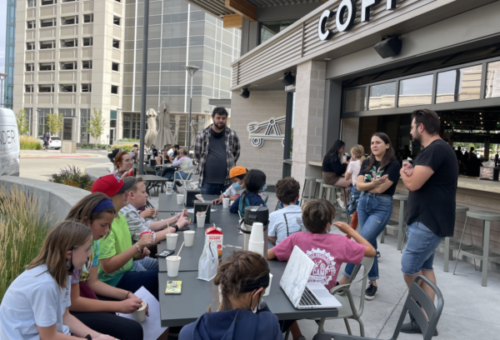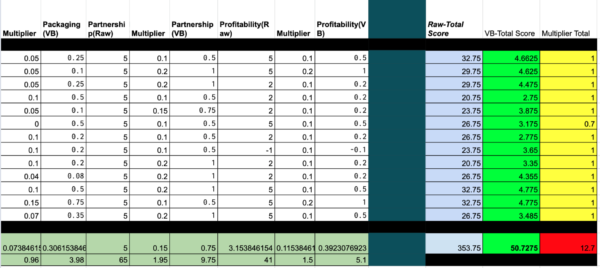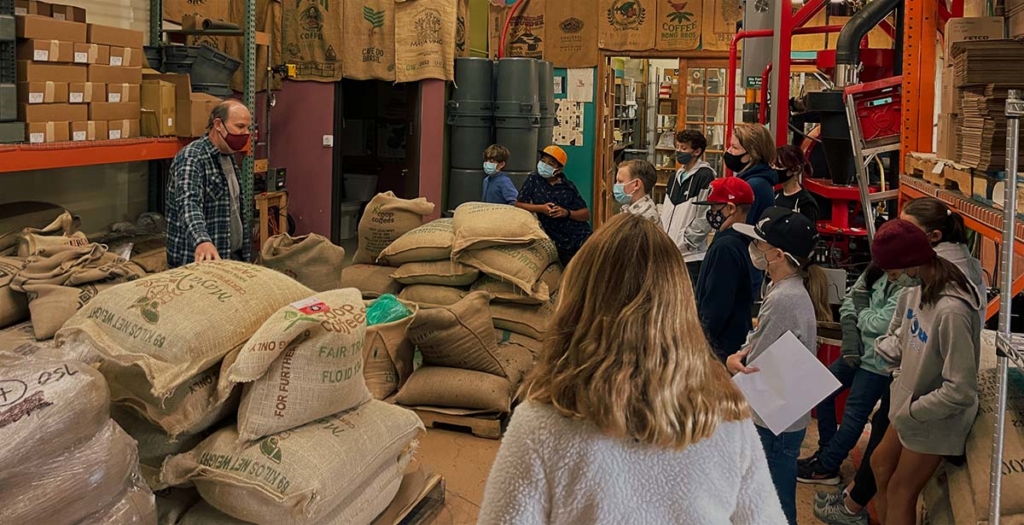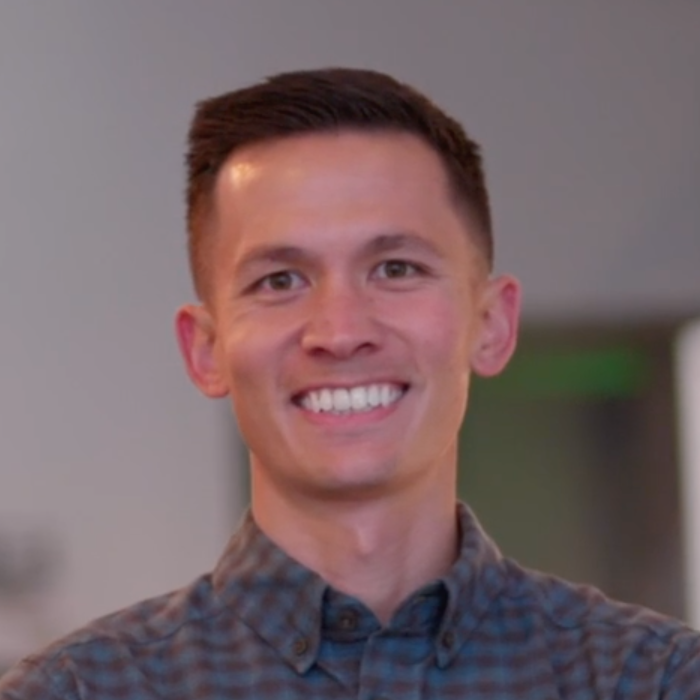One of the most amazing things about presenting young people with a real-world challenge is that they will almost always far exceed any expectations the world has for them.
Brian Hyosaka, Embark Education
We know as adults how important having purpose and impact is in our careers. In fact, adults are leaving their jobs in record numbers to seek employment that has more meaning and purpose. If having purpose and making an impact are two of the most important factors in workplace engagement, is the same true for learners?
The answer is a resounding yes. Over and over, learners at Embark clamor for a chance to make a true impact in their world. They are not content to simply learn about others who are making an impact. Intuitively, they know they are stepping into a time in their lives when the world is opening up to them; they want to do something about it.
At Embark, we recognize this desire and seek to create authentic learning experiences that go far beyond a single content area or lesson. Instead, we begin with a deeper challenge in mind. Operating two North Denver businesses, Pinwheel Coffee and Framework Cycles, there is no lack of authentic challenges for us to try and tackle together.

Embark learners interviewing coffee roasters with questions about their business practices.
Authentic Learning In Action
Earlier in the year, one of the roasters that provide Pinwheel Coffee with its coffee, unfortunately, went out of business. Normally in the business world, this challenge would typically be solved by adults who might call around, do their due diligence, and identify a replacement roaster. Instead, at Embark, this kind of challenge is given to a group of 12-14-year-old learners.
One of the most amazing things about presenting young people with a real-world challenge is that they will almost always far exceed any expectations the world has for them. This particular group began by co-creating values-based criteria amongst the group and the baristas to use in identifying a new roaster to work with. This system was a true reflection not only of our business but also of each individual student that was involved. These values included ethics, willingness to partner with a school, and taste, among others.
After workshops focusing on inquiry and research skills, the learner team generated questions like, “Considering organic certification is a paid requirement, do you feel that it being paid undermines the credibility of your brand and other brands?” and “How would you react and what would you do if you realized that the farmers that you get your beans from are not being paid a good or living wage?”

Algebraic scoring system chart created by Embark learners.
Using all of the prep-work and tools they created, they then interviewed three different roasters, probing deeply into their business practices. At one point, a roaster literally paused and asked, “These are really deep questions, did you work on these?” The response was a mixture of laughter and eye rolls from the learner team but also a deep sense of pride in their professional inquiry skills.
Upon finishing the interviews, the team then aligned evidence to the learner-created and normed rubric. In doing so, we realized that not every value has the same worth, and not every young person has the same values. As a result, they created individual algebraic scoring systems that reflected their personal belief systems before writing defenses of who they’d suggest as their proposed roaster.
In the end, the group came to a consensus and scheduled a Zoom meeting with Kurt, the owner of Ampersand Coffee. Learners noted that Kurt and the company represented the values they wanted to see in a partner. They delivered the good news and celebrated by brewing a carafe of some delicious and highly ethical coffee. That coffee is now being brewed and sold daily at our shop to very happy customers.
Perhaps what might be lost in translation and not readily apparent from this story, is that throughout this process every learner wrote multi-paragraph research-based defenses, created individualized algebraic systems, and developed public speaking and debate skills. For them, those tasks were not done out of compliance, but out of purpose, deep ownership, and commitment to have a positive impact on Pinwheel and in the world.
Middle school learners may seem tough to understand, but the truth is that they simply want and need the same things we all need. Perhaps a learner should have the final words. Lachlan, an eighth-grade learner at Embark, shares, “It feels empowering to be trusted to make a difference in a real business. Everything feels more important, more interesting, and I feel more confident and prepared for my life after middle school.”
“It feels empowering to be trusted to make a difference in a real business. Everything feels more important, more interesting, and I feel more confident and prepared for my life after middle school.”
Lachlan, Embark Education Learner

